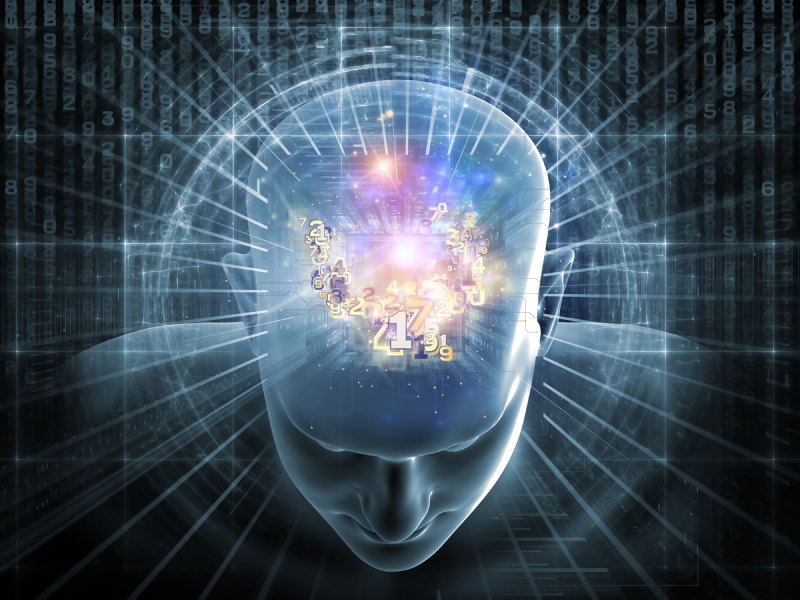Gary Marcus, founder of the Geometric Intelligence Company, is drawing inspiration from the way in which children develop their capacity for abstraction and common sense in order to “humanise artificial intelligence (IA)” and boost its performance.
Contrary to the deep learning approaches, Gary Marcus is testing an unprecedented method to teach robots. As far as he is concerned, deep learning, a computerised learning method based on neurone networks, is incomplete. “Common sense”, which partly depends on a causal understanding of things, is missing”: “For instance, a photo of a man carrying a horse on his shoulders may seem unusual to you, but for IA, which has never known or experimented with the abstract notion of the force of gravity, there is nothing absurd about this photo”. The human brain “is clearly capable of doing better” than artificial intelligence, which is nurtured through deep learning. Although the brain “uses techniques that are similar to deep learning for certain tasks, it is also capable of developing, recording and manipulating rules governing the way the world functions so that it can draw conclusions even with limited experience”. Based on this fact, Gary Marcus has adopted another approach to developing artificial intelligence.
Passionate about his field, he is nevertheless concerned about the lack of legislation governing “ways in which some stake-holders with the wrong intentions could use” artificial intelligence.
Le Temps, Olivier Dessibourg (2/11/2016)

